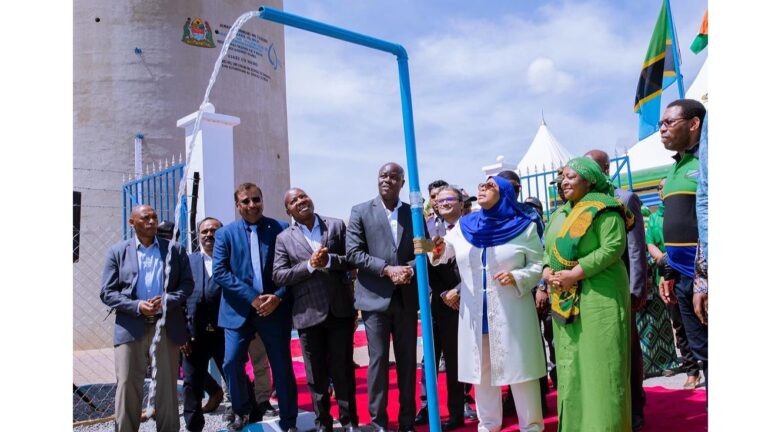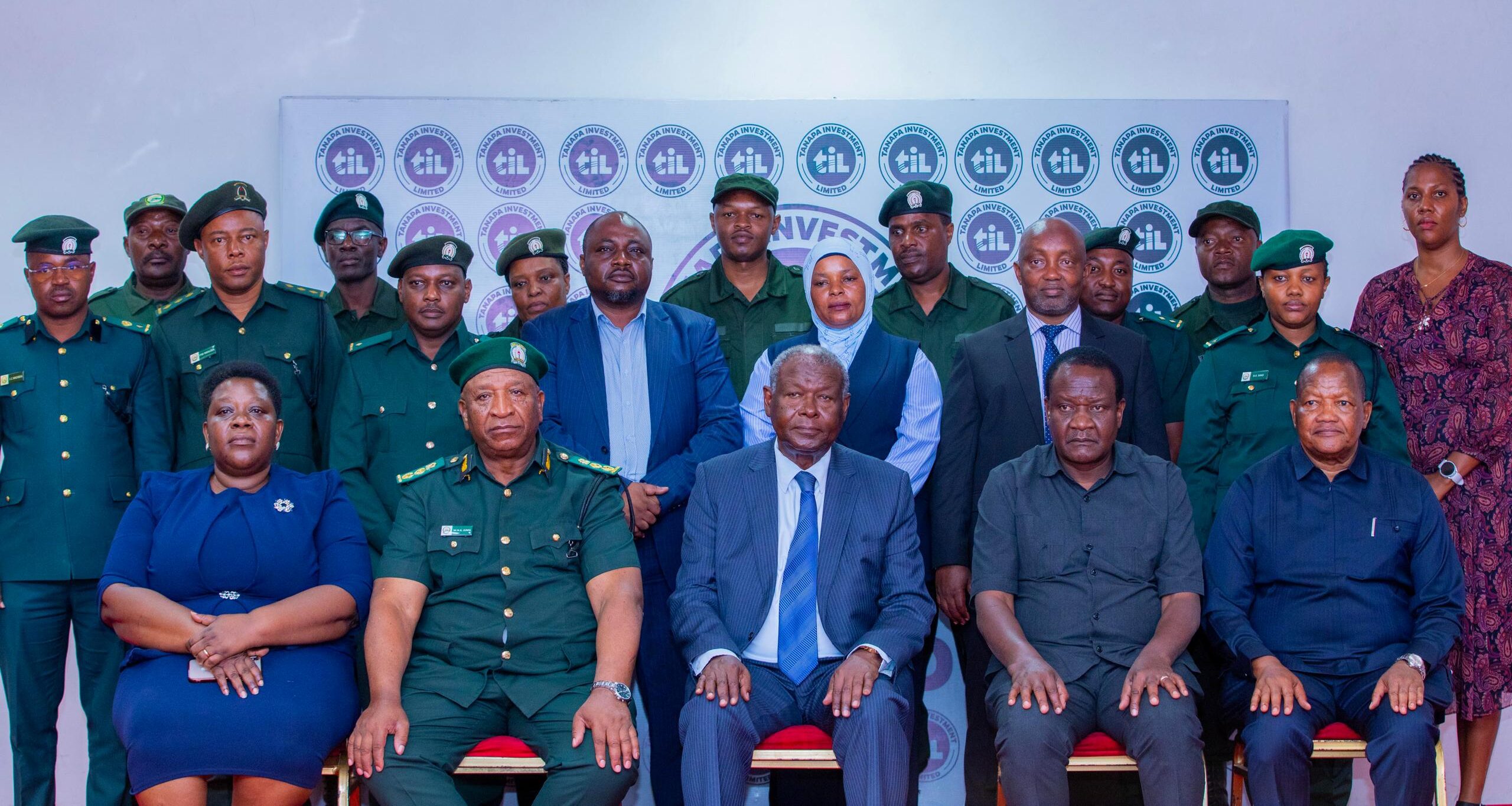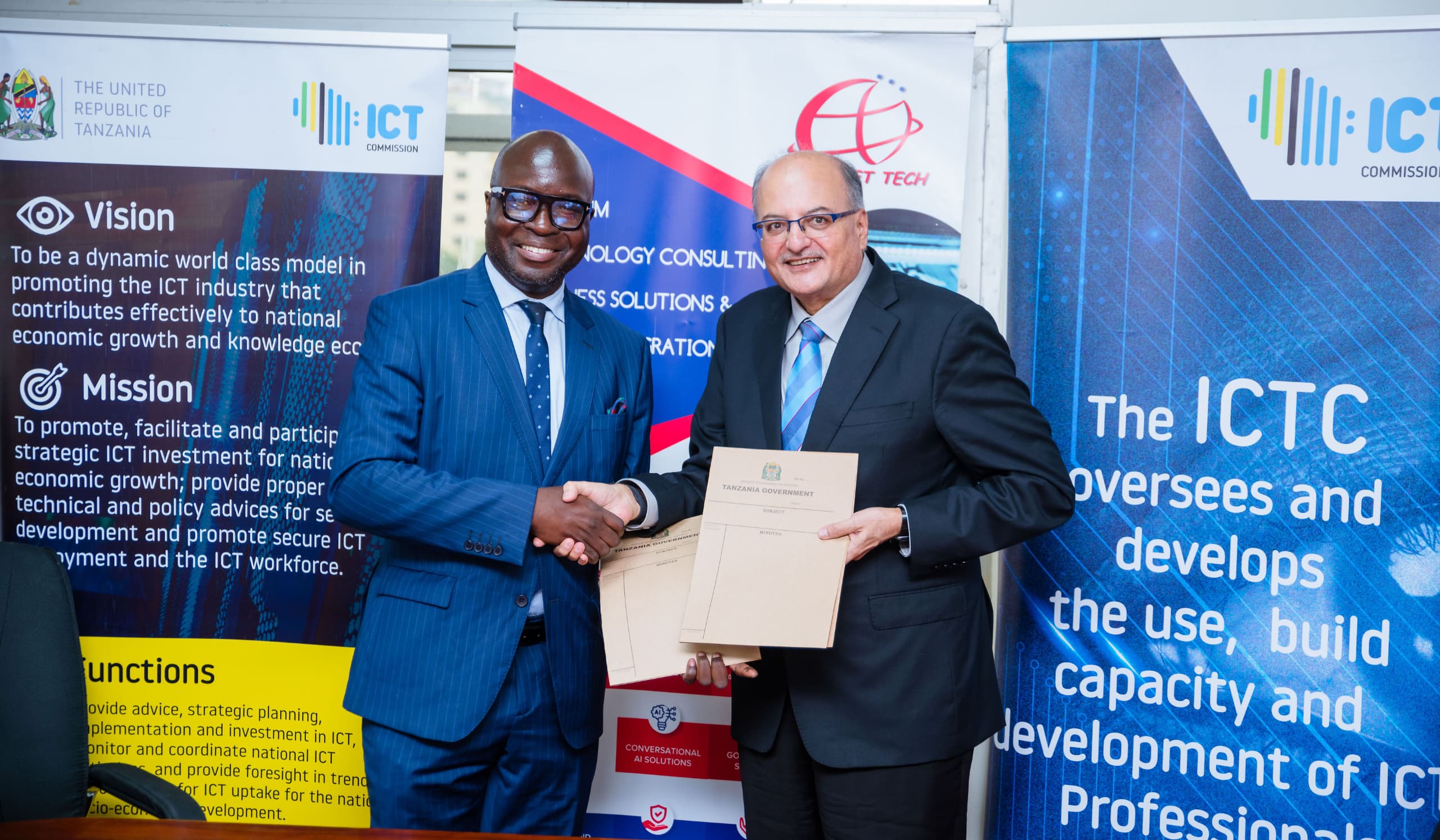Dodoma. The Tanzanian government has begun implementing a National Water Grid system designed to utilise Tanzania’s vast water resources—including lakes, major rivers, and dams—to strengthen water security across the country.
Tabling the 2025/26 budget for the ministry of Water in Parliament on May 8, 2025, the minister for Water Jumaa Aweso said projects already under way include the construction of a water pipeline from the Nyumba ya Mungu Dam to serve the districts of Same, Mwanga and Korogwe, as well as the ongoing project drawing water from Lake Victoria to urban centres such as Kahama, Shinyanga, Tinde, Nzega, Tabora, Igunga, and Shelui.
“Preparatory work is also progressing on the planned Lake Victoria–Dodoma water project, with feasibility studies and detailed designs underway,” Mr Aweso noted.
Meanwhile, the government is finalising procedures to recruit a consultant for the proposed Lake Tanganyika water transfer project, which targets the regions of Katavi, Rukwa, and Kigoma.
Mr Aweso said the government will continue designing and connecting large-scale water projects to the National Water Grid to ensure sustainable access for communities in both urban and rural areas.
The government is also stepping up efforts to improve service efficiency through the rollout of pre-paid water meters.
These are expected to address long-standing concerns such as disputed billing, inefficient revenue collection, and water leakages that result in customer losses.
“By April 2025, a total of 16,809 customers had been fitted with pre-paid meters, out of over 2 million urban and rural water users. Of these, 13,282 were installed by urban water and sanitation authorities, while RUWASA installed 3,527 meters in rural areas,” Mr Aweso noted.
To boost the uptake of pre-paid technology, the Ministry has developed a comprehensive strategy aimed at accelerating the installation of pre-paid meters across the country.
The strategy includes centralised procurement to improve availability and affordability, alongside the development of an integrated ICT system to enhance oversight and coordination.
Urban water and sanitation services are regulated by the Energy and Water Utilities Regulatory Authority (EWURA) under Cap. 414 of the Laws of Tanzania.
The Act empowers EWURA to license water utilities, oversee service conditions, regulate quality and efficiency, approve tariff adjustments, and mediate disputes between providers and consumers.
The 2023/24 Water Utilities Performance Report released by EWURA shows an overall improvement in the sector.
Water production increased by 7 percent to reach 685 million cubic metres, infrastructure capacity also grew by 7 percent, and the number of households connected to clean water rose by 9 percent, from 1.53 million in 2022/23 to 1.67 million in 2023/24.
Despite the progress, the report also highlights persistent challenges.
These include a 36 percent rate of water loss—significantly above the acceptable limit of 20 percent—limited access to sanitation services, and inadequate wastewater treatment systems. Only 11 utilities, accounting for 13 percent of all water authorities, currently operate sewage networks.
The report also cites rising operational costs, largely driven by system inefficiencies and water loss, and a widening gap between growing demand and production capacity.







